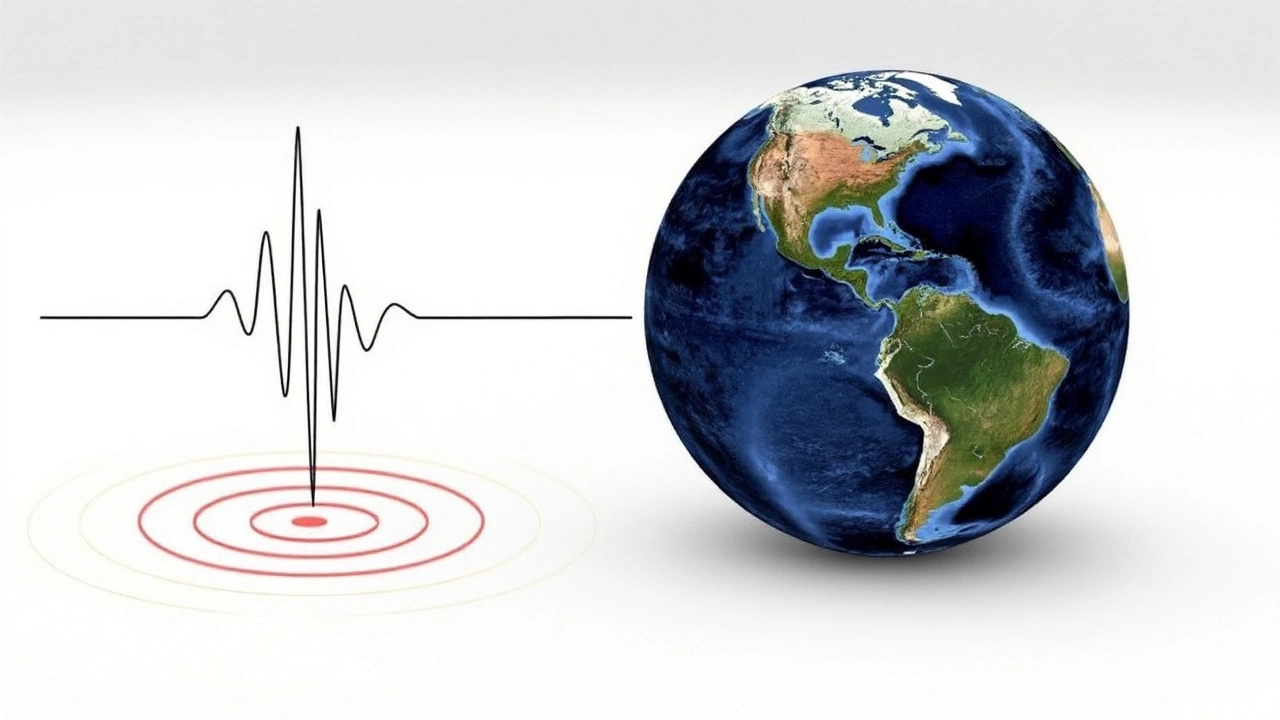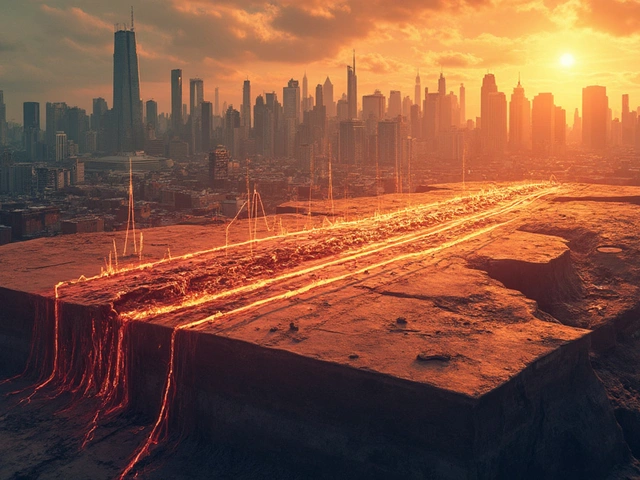Earthquake Damage: What to Look for and How to Act
When the ground shakes, it’s easy to feel shaken yourself. The real worry comes after the tremor stops – did the house survive? Spotting earthquake damage early can save money, time, and even lives. Below are the most common signs to watch for and simple steps to fix them.
Quick Visual Check
The first thing you should do is a visual sweep of both the inside and outside of your home. Look for cracks in walls, especially around windows, doors, and the foundation. Small hairline cracks are usually harmless, but anything wider than a quarter inch could mean the structure shifted.
Check the ceiling for sagging or bulging. A ceiling that looks uneven often signals that the roof joists have moved. If you see plaster flaking off, that’s another red flag. Don’t forget the floors – any uneven spots or sloping boards might mean the frame is compromised.
Where the Damage Hides
Damage isn’t always obvious. Open cabinets, closets, and even the attic to spot twisted shelves, cracked beams, or broken fixtures. Light fixtures that wobble or shift when you touch them could mean the wiring or supporting structures are loose.
Outside, inspect your chimney, garage doors, and exterior walls. A leaning chimney or a garage door that no longer fits its tracks can indicate that the foundation moved. Also, check your water lines – frozen or burst pipes often appear after a quake.
If you find any of these issues, don’t panic. Most problems can be handled with a few DIY fixes, while more serious structural concerns need a professional.
DIY Fixes for Minor Damage
For small cracks in drywall, clean the area, apply a thin layer of joint compound, and sand smooth once dry. Paint over the patch to match the wall. Cracked tiles? Remove the broken piece, apply fresh mortar, and set a new tile. Make sure to let it cure for at least 24 hours before stepping on it.
Loose door hinges can be tightened with a screwdriver. If the hinge holes are stripped, insert a wooden toothpick coated in wood glue, let it dry, then re‑screw the hinge. This simple trick often restores a door’s stability.
When it comes to ceiling repair, small water stains can be covered with a patch kit. Larger sagging sections, however, usually need a professional to replace joists.
When to Call the Pros
If you notice any of these signs, it’s time to bring in an expert: major cracks larger than a half inch, doors that won’t close, cracks that run along the foundation, or any movement in the structural beams. A licensed contractor can assess whether your home needs reinforcement, such as shear walls or steel braces.
Don’t ignore a cracked foundation. Ignoring it can lead to uneven floors, doors that stick, and eventually, costly foundation repairs. An engineer can recommend underpinning or other stabilization methods.
Preventing Future Damage
Prevention starts with a solid home base. If you live in a quake‑prone area, consider retrofitting your house. Adding flexible pipe brackets, securing heavy furniture to walls, and installing latches on cabinets can reduce damage during the next shake.
Keep an emergency kit ready – flashlight, batteries, bottled water, and a first‑aid kit. Knowing the safest spots in each room (under a sturdy table or against an interior wall) helps you react quickly when a quake hits.
Finally, stay informed. Sign up for local alerts, and review your insurance policy to make sure it covers earthquake damage. A little preparation goes a long way in keeping you and your home safe.
Remember, spotting earthquake damage early and acting fast can prevent small problems from turning into big headaches. Keep these tips handy, and you’ll be ready the next time the ground moves.
Delhi Earthquake: Fact-Checking Viral Claims About Road Cracks
Recent earthquakes felt in Delhi, including tremors from Afghanistan and a local quake, caused concern but no serious damage. Viral online claims of major road cracks in Delhi have not been supported by official reports or credible evidence.





